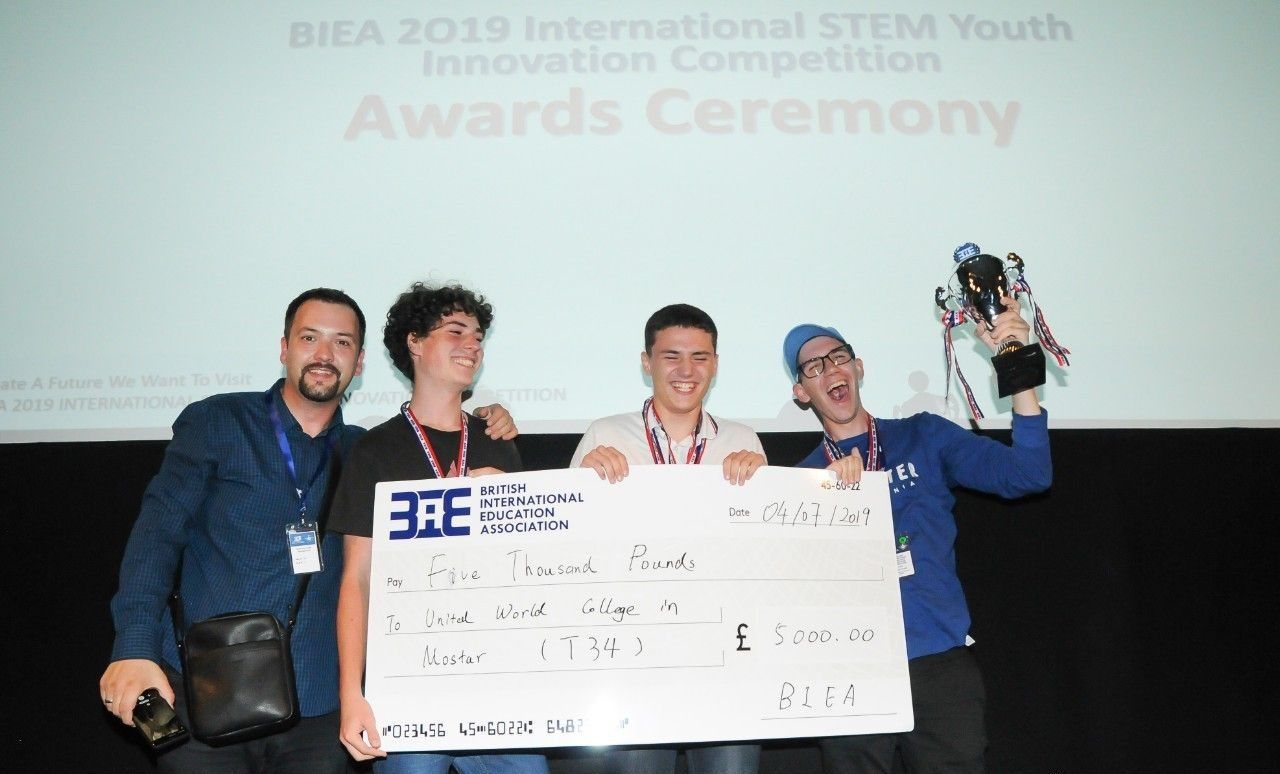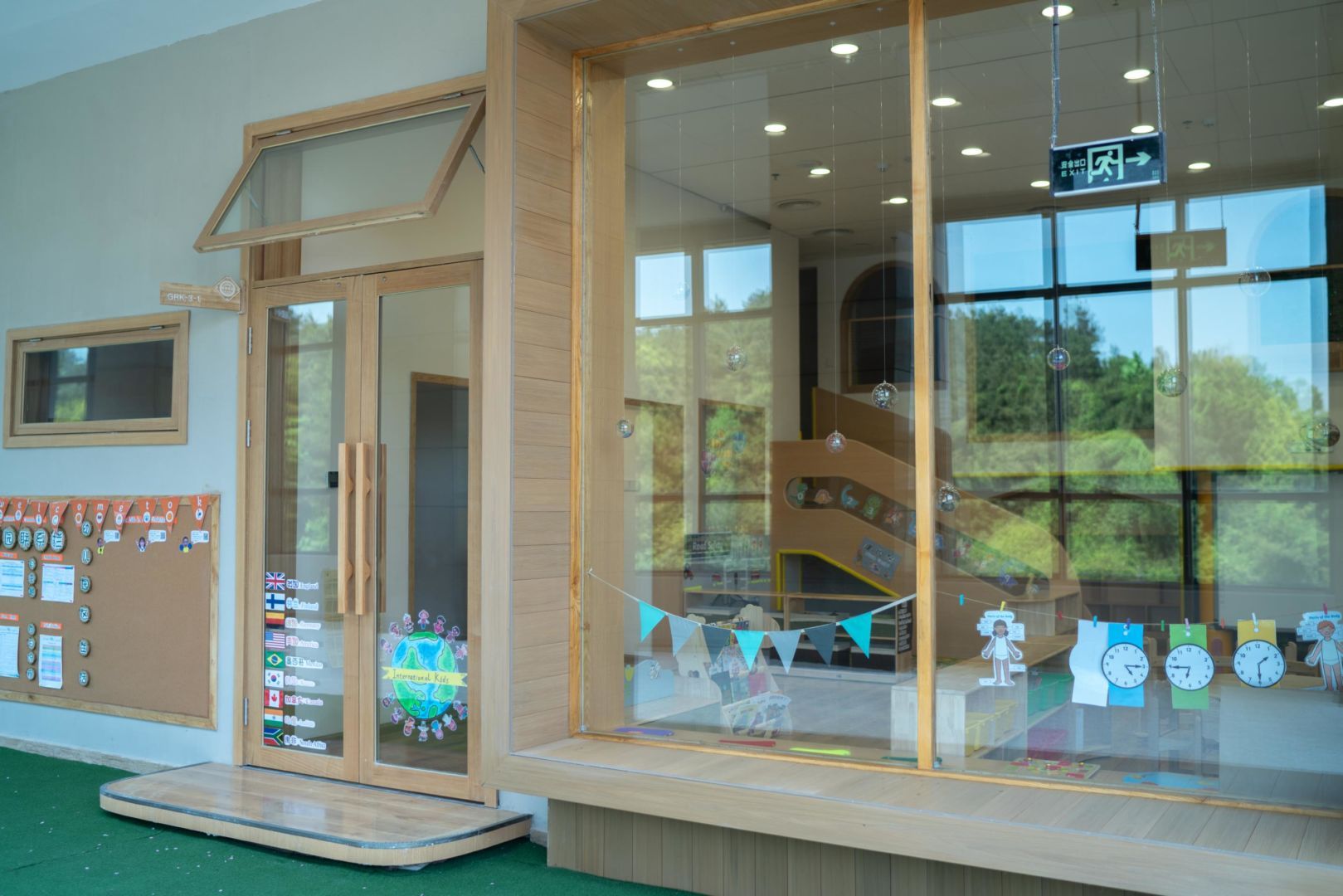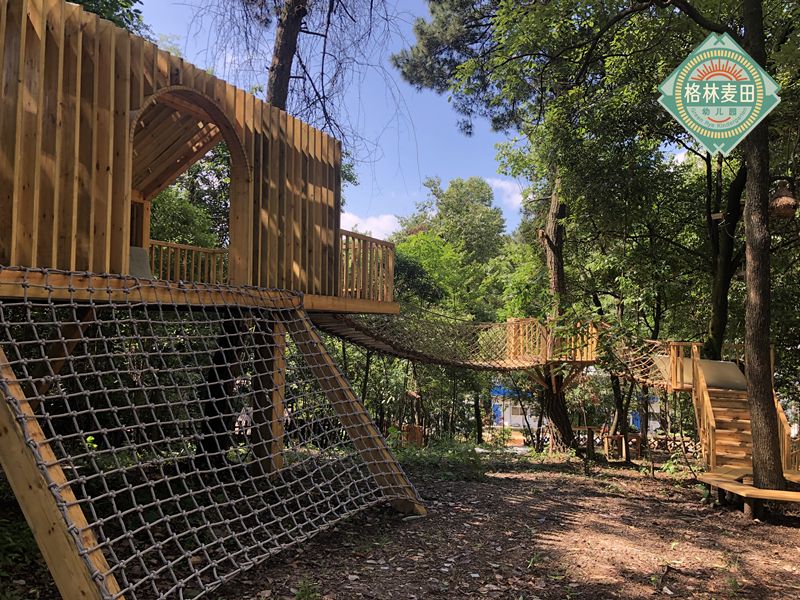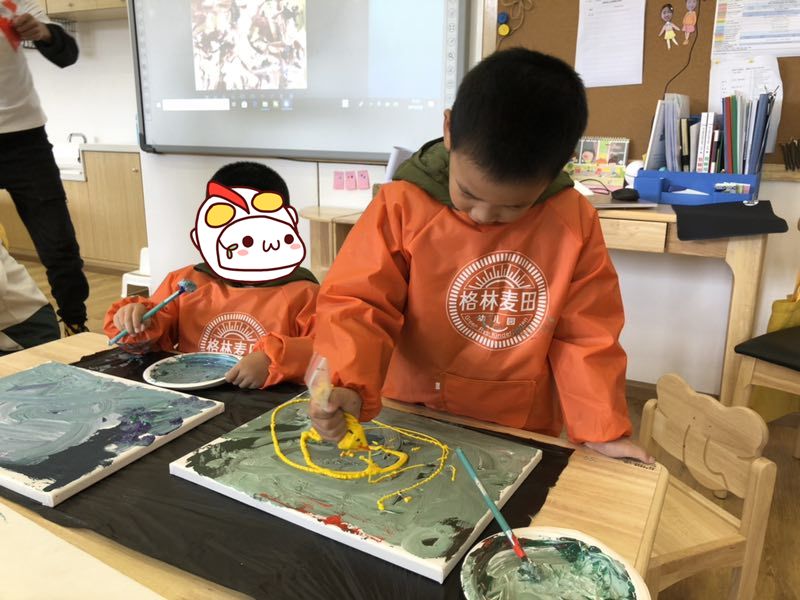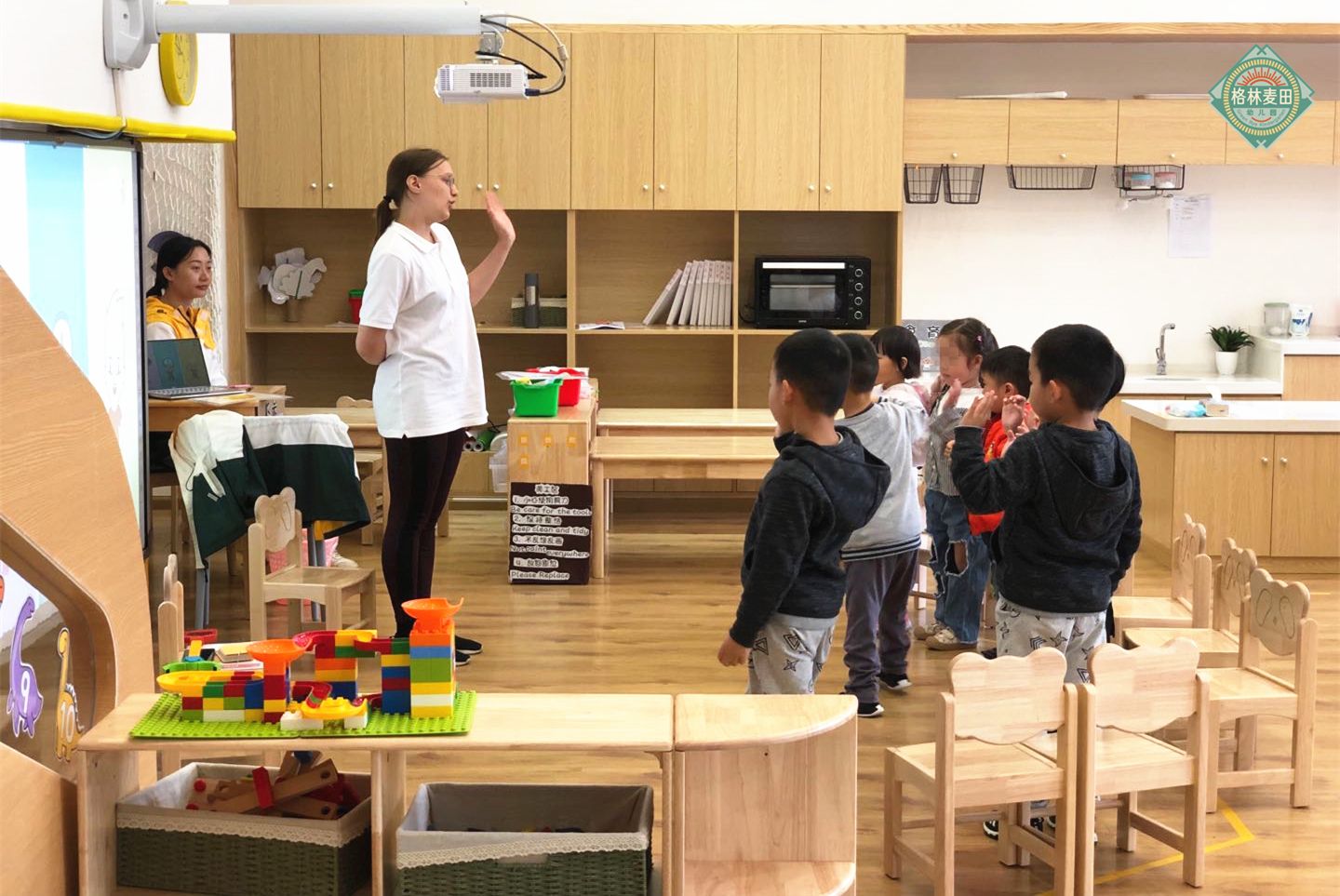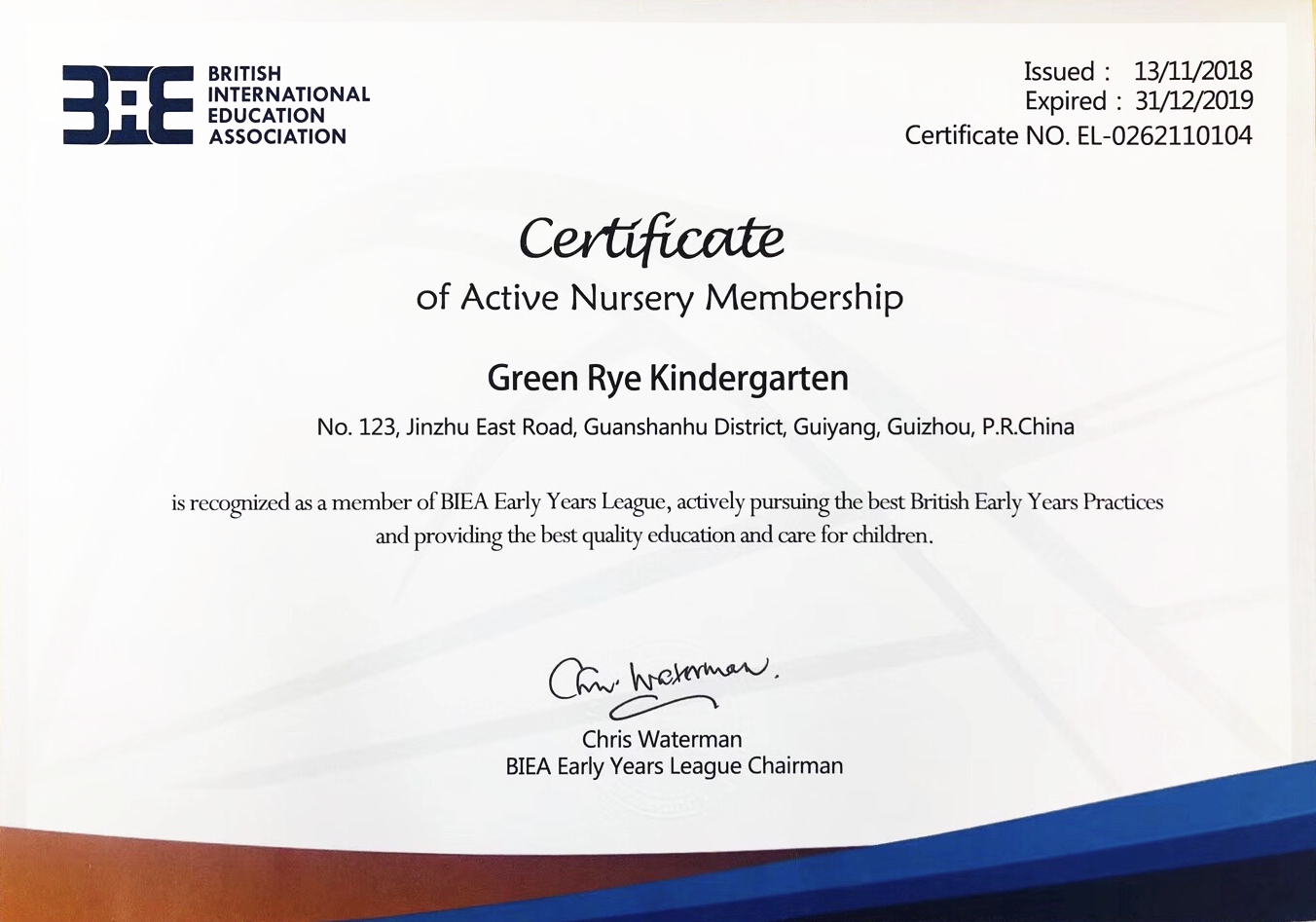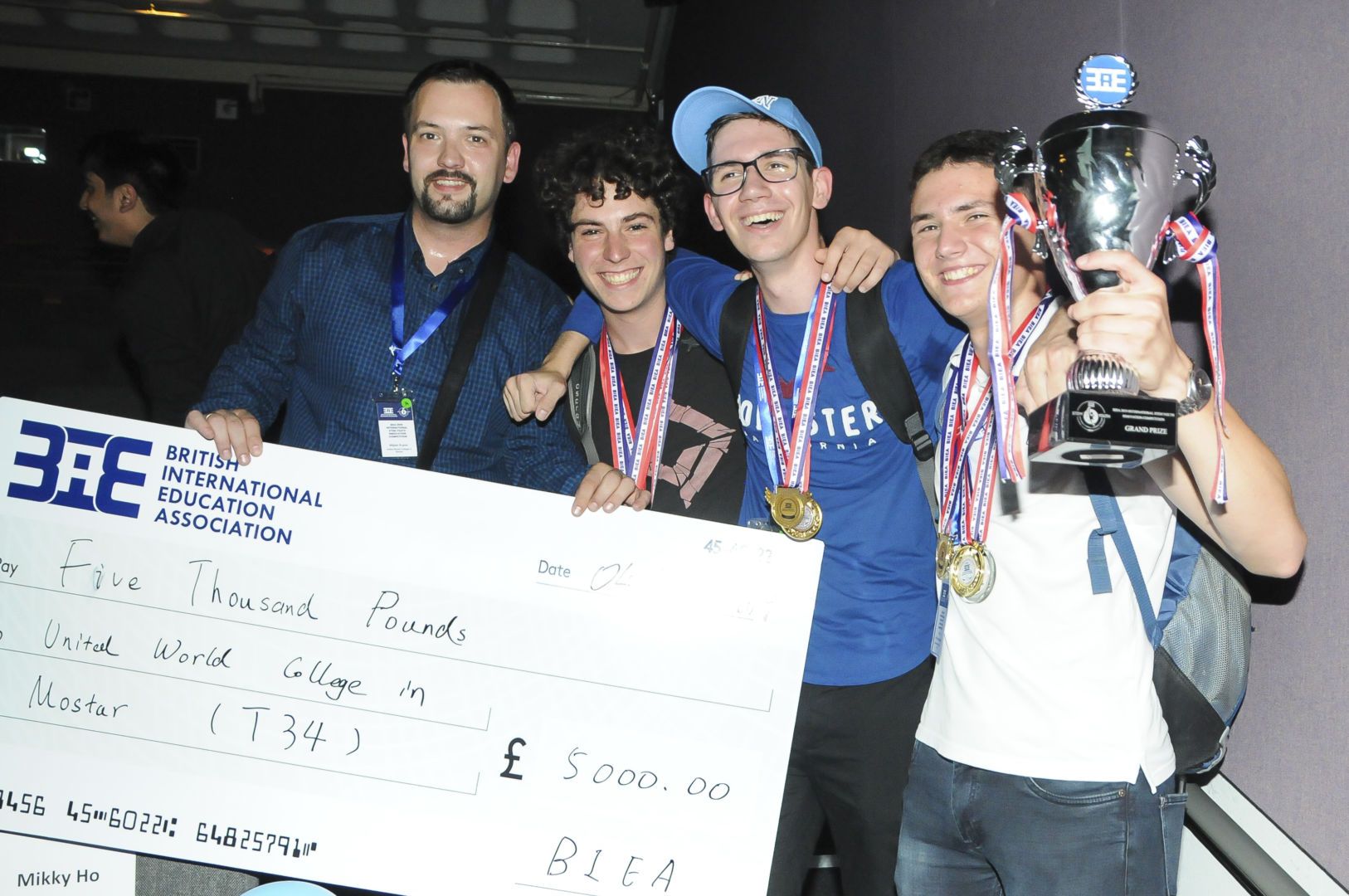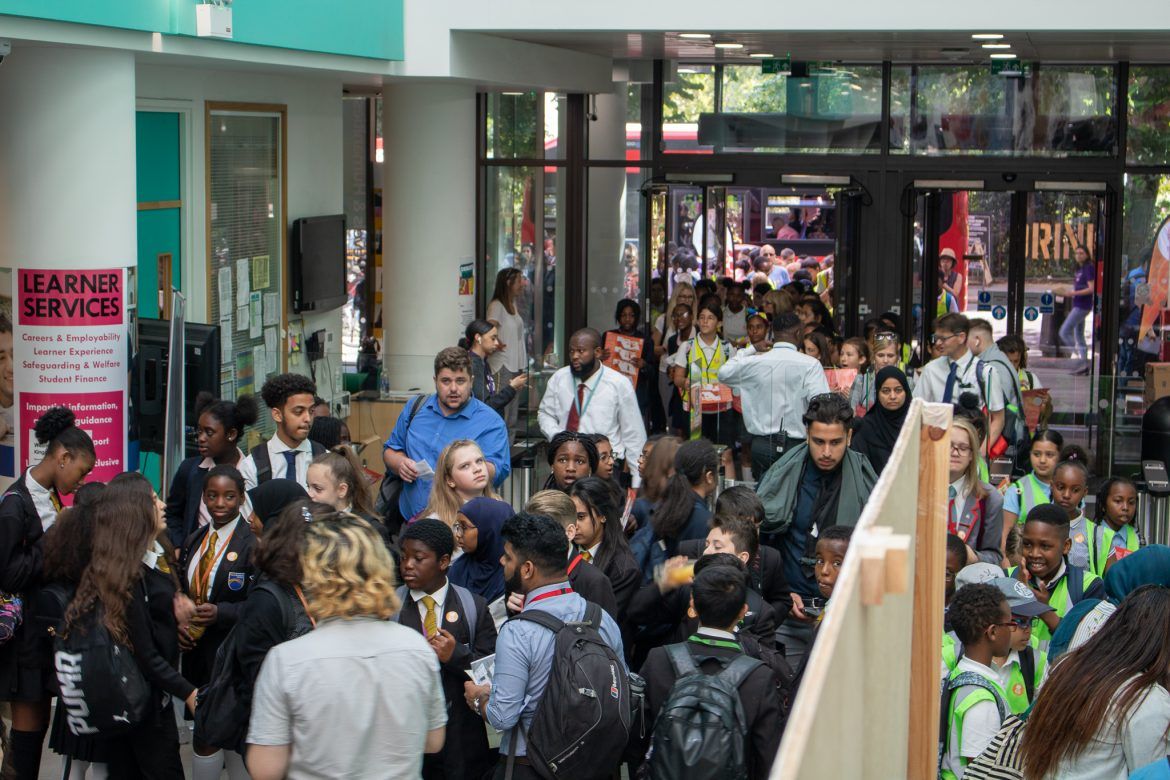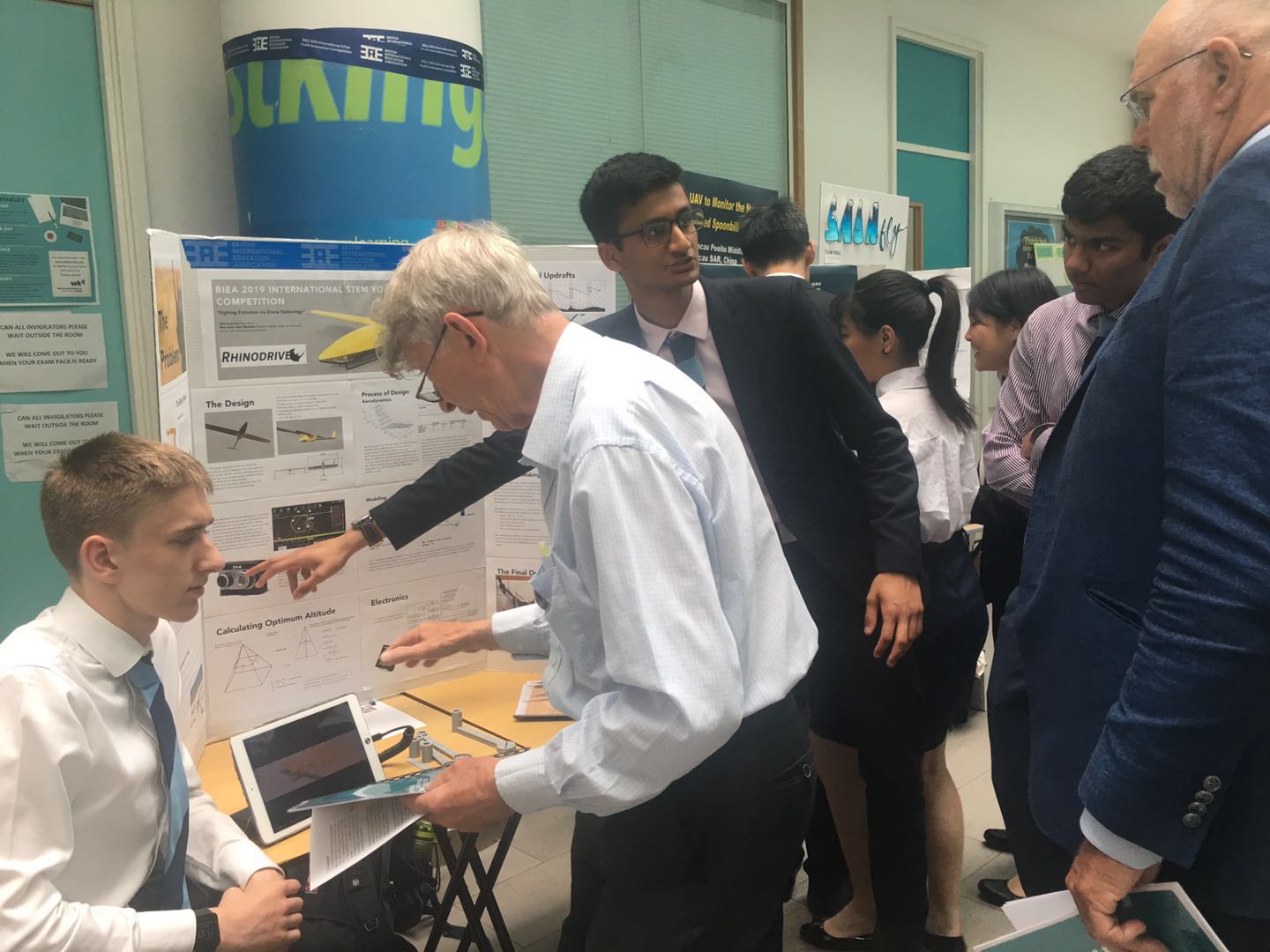Bosnia and Herzegovina's UWCIM team won the BIEA 2019 International STEM Youth Innovation Competition
On the 4th of July, the six-month long BIEA 2019 International STEM Youth Innovation Competition, held at the London Royal Air Force Museum, came to a close. The intense competition included display demonstration, evaluation and flying. The winners of the grand prize and the champion of the 15-17-year age group were the UWCIM team from Bosnia and Herzegovina.
Members of the UWCIM team explained that due to Bosnia and Herzegovina’s previous conflicts, the country is neither developed or rich in educational resources, however, this failed to affect the children’s curiosity and pursuit of knowledge in science and innovation. The UWCIM team comes from the United World College in Mostar, that like other UWC schools around the world, aims to promote world peace and sustainable development by uniting different countries, people and culture through education. The students of the champion team UWCIM are technological innovation enthusiasts, who not only focus of pursuing STEM subjects, but also word hard to find ways to put their creative ideas into practice.
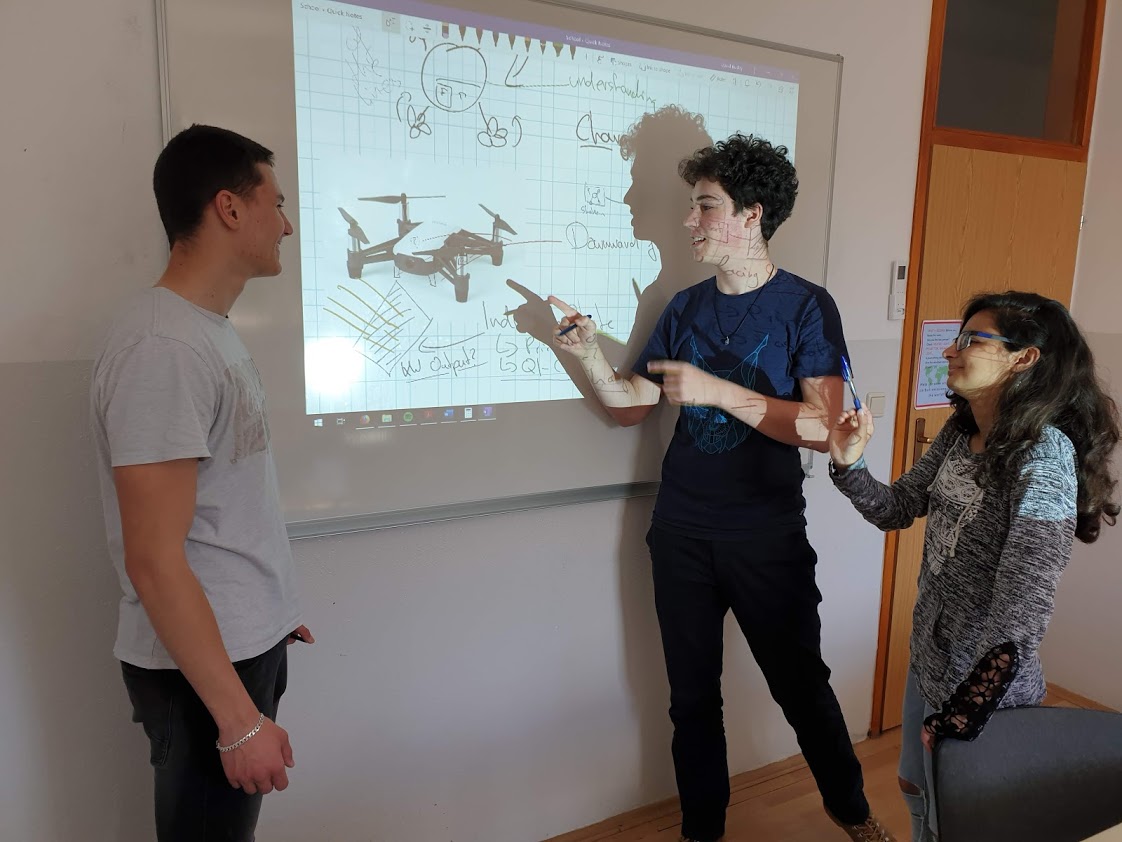
Team members from UWCIM exchanging ideas in the preliminary session of the competition
The STEM education in schools’ help develop students’ passion for science and innovation, and the traumatizing history of Bosnia and Herzegovina has further helped develop this devout respect nature and life. While most of the teams focused their “fighting extinction via drone technology” project on counter-hunting, the UWCIM team added a novel focus on how to solve the problem of Egyptian vultures that feed on animal carcasses, as this poses a threat to ecosystems as well as spreading diseases. In the report and video presentations, the team not only showed a solid technical ability, but also outlined how they would use drones to solve this big issue. In particular, the group explained how the war in Bosnia and Herzegonia had left 80,000 bombs in the mountains that in turn threatening the Egyptian vultures home. It poses great challenges to experts and scholars who protect and study them, and it was easy to see that the UWCIM team truly understands the essence of science and innovation as well as the spirit of humanism.
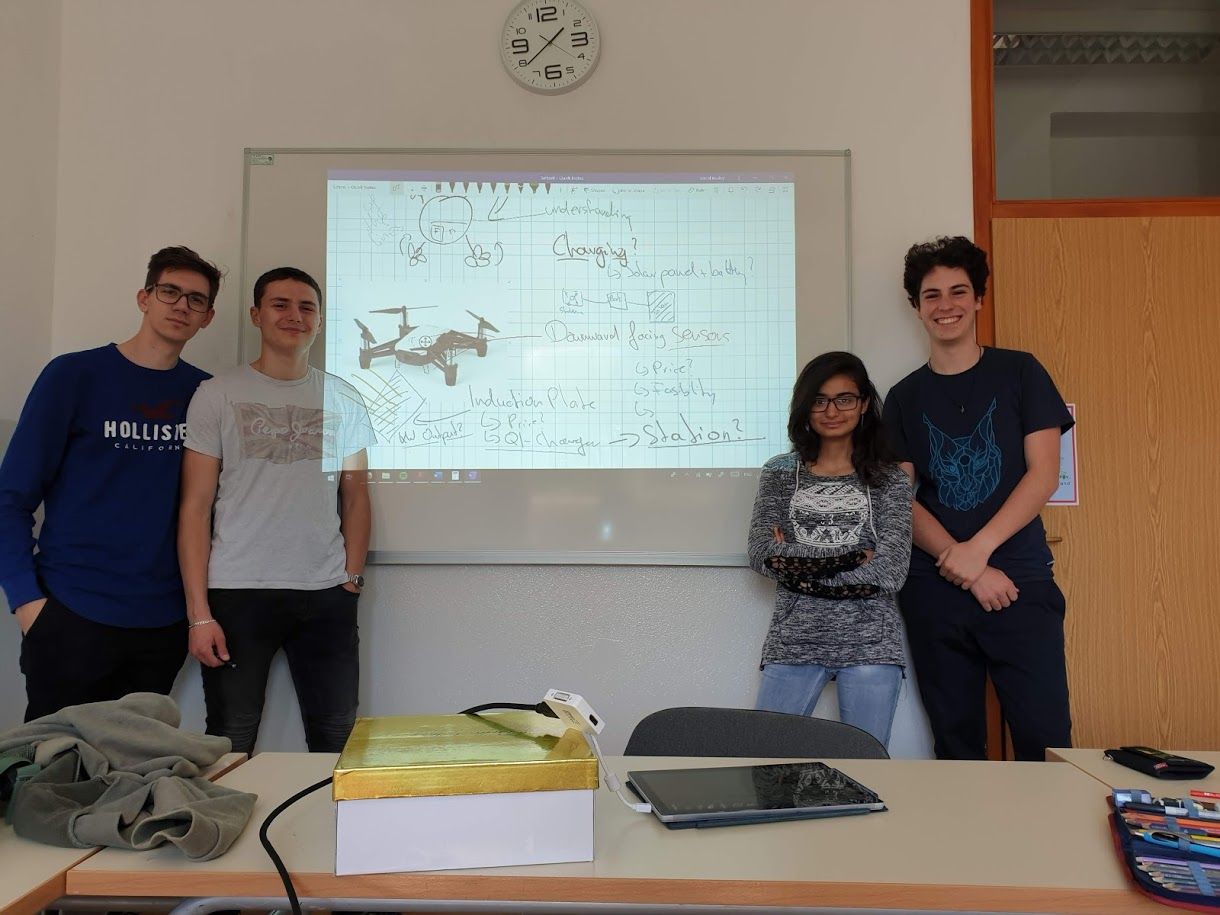
Team members from the UWCIM team
Despite their captivating performance in the preliminary round, their hardest challenge was yet to come. Because the school had limited funds, it was next to impossible to provide financial help to the UWCIM team in order to participate in the London finals. The cost of the trip to London soon became their biggest problem. The team began writing letters to the school outlining their hard work through reports and videos. Eventually they contacted the sponsors of the school and finally the problem of boarding and lodging in the UK was solved and the school decided to provide transportation subsidy to the team. Unfortunately, this wasn’t the team’s final hurdle. The visa application of the team member Israa Draz was rejected, and the visas of the other three members were delayed. Two weeks before departure, just when everyone thought they would miss the final, two members received their visa. The team was overjoyed and the two students carried the team’s enthusiasm to London.
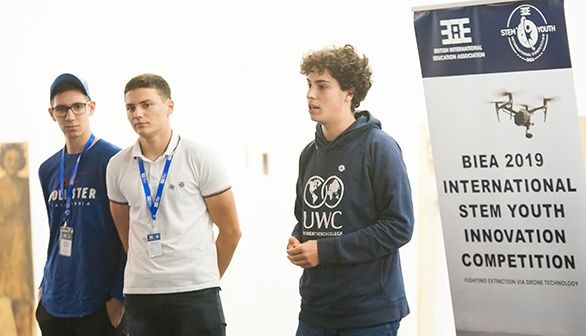
UWCIM team in the evaluation session on the final day
The UWCIM team was just one of the 28 finalists at the Royal Air Force Museum. The team responded well in all aspects of the competition. Under the precise command of pilot Aris Karamustafic, alongside two members of David Christian Busley, David successfully captured 11 valuable animal photos using superb flying skills, achieving zero collision, zero runaway and not to mention a safe landing. In the end, the UWCIM won the championship of the 15-17 age group and won the crown of the highest award in the competition, thus winning the overall prize of 5,000 pounds in one fell swoop!
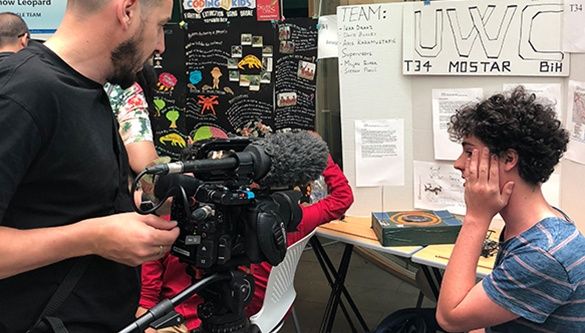
UWCIM team in the technological achievement showcase prior to the final
Team member Aris Karamustafic had a brief conversation with BIEA STEM Chairman David Hanson after the awards ceremony. He excitedly said to David: "I am from a small country, you may not be able to imagine, before coming to London, I have never been to the plane, have not been to a cruise ship, or even seen the subway. I have never expected to win the game with my teammates, because it is not easy for us to compete with other teams. The fact is that we won the championship. This feeling is really amazing and wonderful! Thank you very much for the BIEA STEM Competition. Thank you for giving us such great encouragement and courage. It is BIEA that makes us believe that science and education have no national boundaries. Today is definitely the best day of my life!"
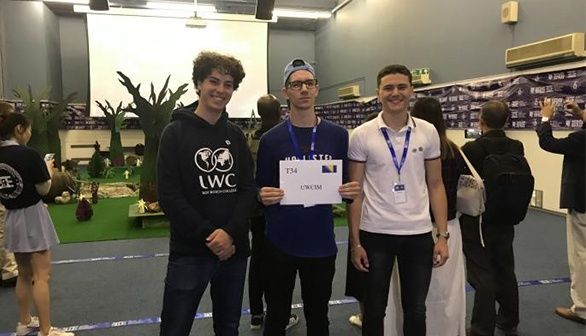
UWCIM team in the flying session
David also told the media after the competition that this year's BIEA International STEM Youth Innovation Competition was not only a creative transformation competition for drones to save endangered animals, but also a brilliant showcase of the students' performance in the field of science and technology. BIEA appreciates the sheer enthusiasm of the students in these projects, and is eager to push the competition to an even further international level. BIEA not only promotes the exchange of international science and education, but also provides students with a chance to realise their dreams!
Let us cheer for this champion team, and for this unique international youth science and technology event, and look forward to next year's competition!
Green Rye Nursery, the first BIEA E-League member nursery in Guizhou
In Guanshanhu district, Guiyang city, Guizhou province, there is a nursery with British Early Years Foundation Stage (EYFS) as the core. As the member of the British International Education Association (BIEA) Early Years League (E-League) in Guizhou, this nursery not only pursues the establishment of authentic British EYFS nursery, but also has a high pursuit of teaching quality.
Since joining the BIEA E-League in November 2018, it has not missed any EYFS themed training course sponsored by the E-League. After three periods of professional and systematic training, the backbone teachers of the nursery have mastered the core content of British EYFS teaching. The school has identified three basic areas in which the EYFS supports children's learning and development (communication and language development; physical development; personal, social and emotional development) and four specific areas (literacy; mathematics; know the world; the content of art and design expression is integrated into the curriculum design of the nursery and integrated into the one-day process of the nursery. It has become one of the teaching features of the nursery to insist on the child as the centre and take games as the basic activity to promote children's learning and development.
In addition, Green Rye Nursery also introduces professional children swimming courses and forest education. As Guizhou's first nursery offering forest education, in order to provide more professional and conforms to the children's physical and mental development of outdoor course, the nursery took an active part in training and activities organised by BIEA E-League, for example, studies group activities, director and backbone teachers from many well-known nurseries visited London after the characteristics of running a nursery, to return to studies of insight into the nursery design, which contains the natural ecological elements as main content to plan outdoor activities. In the nearly 11,000 square meters of outdoor space in the Green Rye nursery, there are not only large multi-functional wooden climbing frame, swing, slide, etc., but also towering trees and lush grass. The wide natural space provides great support and positive influence to cultivate children's independent character and exploration spirit.
Personality independence, initiative, theoretical innovation are the goals of Green Rye Nursery education. The nursery offers learning and development education through providing children with time and space, and growing support based on the characteristics of the child's own development, let every child can study in the environment of freedom, love with deep satisfaction and self-realisation.
In the future, Green Rye Nursery will continue to be supported by the E-League with great wealth of professional teaching resources support, which will be the essence of the British education to be instilled effectively into the early years education and daily life, to provide comprehensive services of high quality teaching for the child at the same time, fostering the child's learning, making the nursery the best EYFS certification nursery in Guizhou area.
We believe that under the support of BIEA E-League resources, the Green Rye Nursery will reach a new milestone, and the E-League will arrange ELQ (British Early Years League Quality) inspector to inspect the nursery. We look forward to the Green Rye Nursery passing the certification and becoming the first ELQ certification nursery in Guiyang!
International Schools Scoop Top Prizes at BIEA International STEM Competition in London
School children from around the world scooped some of the top awards at the finals of a major international STEM competition in London on 4th July where they showcased their ideas on how they would use drones to conserve endangered species.
Teams from the Silver Oaks International School (age 9-11 category) and Visakha Valley School (age 15-17 category) came won awards for Champions and Second Runner Up respectively. These teams spent the day speaking to judges presenting their ideas for animal conservation.
Coming from across the world, multiple teams from China joined the BIEA in London, taking two spots in the top awards of the day. They worked hard displaying their presentations, flying and evaluating their solutions to animal conservation via drones. Two teams from Hangzhou Shanghai World Foreign Language Primary School spent the day with the BIEA at the Royal Air Force Museum. The BIEA was happy to have multiple teams from the No. 2 High School of East China Normal University in London to represent their projects.
Taking an Outstanding Achievement Award in the 15-17 age category was the Macau Pooito Middle School team.
Team Delta Project from 1LO im. Stanislawa Dubois w Koszalinie in Poland snagged an Outstanding Achievement Award for their project that showed ways to help conservation efforts for the Grevy’s Zebras.
From Southern California, USA, two teams from the Topkids Center came to London to showcase their projects. In the 15-17 age group, Team Zuberi was awarded the Best Creativity and Best Display as voted by their peers. Team Paracop in age group 9-11 had their hard work paid off as they were awarded Champion for their age group.
The overall grand prize of £5,000 was won by the United World College in Mostar, Bosnia, for their impressive strategy to protect the endangered vultures of Bosnia and Herzegovina, a task made even harder by the estimated 80,000 landmines in 8,500 locations around Bosnia and Herzegovina left over from the Balkan Wars.
David Busley, 17, from the Bosnian team said:
“Vultures may have an image problem, but they are crucial to our country’s ecosystem. They are endangered, yet their plight often barely registers with many Bosnians as they are out of sight and out of mind."
“Drones offer the perfect way to reach them safely in their natural habitat, and our hope is that by monitoring and tracking their numbers properly, we can encourage the government to take action to help conserve these vital animals.”
They all won a trophy and medals for their school.
More than 25 teams from countries including China, the USA, India, Pakistan, Bosnia and Herzegovina, Poland and the UK converged on the Royal Air Force Museum to contest the International STEM Youth Innovation Competition.
The competition was organised by the British International Education Association (BIEA), which champions British education ideals around the world, and backed by the Born Free Foundation, the competition aims to fire the imagination - and test the creative and technical expertise - of young science students with the theme of "Fighting Extinction via Drone Technology".
Finalists in the three age groups - 9-11, 12-14 and 15-17 - from 18 countries were shortlisted for the grand final. Each school was given a budget of just £100 to build a drone for their entry, ensuring a level playing field. They battled it out in a day of tough competition, during which saw them each fly their drone and explain how they would use the technology to tackle species extinction.
Judges headed by the Chief Scientist of the Born Free Foundation, Professor Claudio Sillero, Dr. Shaun Fitzgerald of The Royal Institution and STEM Chairman of the BIEA David Hanson, also included drone expert Stephen Prior from Southampton University, Education Innovations Manager for the British Science Association Jane Dowden and Competition Manager Amelia Perry from Engineering UK.
The STEM competition runs each year with a different theme. In 2018, schools were challenged to create a drone for a rescue situation. Registrations are already open for the 2020 competition at http://bit.ly/2VqzoJH.
For your information
Drones that were used for the final round of the competition, it was the Tello / Tello EDU drone from DJI. Tello EDU is the educational version for individual or classroom usage to learn programming and DJI provides the best and safest solution globally as it always does in its Ariel products. We would also like to thank DJI for assisting us with the drones. More information can be found at their website: https://www.dji.com/uk/products/steam
BIEA 2019 International STEM Youth Innovation Competition Technological Achievement Showcase
The BIEA 2019 International STEM Youth Innovation Competition finalists showed their works at The Big Bang London Science and Innovation Exhibition held in Kingsway College in Westminster, UK on 3rd July 2019. Being a part of this year’s science and technology innovation exhibition and a part of the final of the competition, these finalists have attracted many international science and technology innovation experts and scholars, as well as well-known science and technology enterprises and institutions.
A team from Queen Elizabeth School communicate with science and innovation experts
Students from the UK, USA, Poland, India, Bosnia and Herzegovina and other countries attracted the attention of science and innovation enthusiasts, experts and scholars. Local school teams were flocking onlookers to their booths. The Queen Elizabeth school team has been busy talking to science and innovation experts who have come to see their work. The team from Coleraine Grammar School in Northern Ireland studied the connection between the camera, the winch of the drone body and waterproofing measures in their preliminary report. The original rescue idea of Bactrian camels and African penguins by the team from the Topkids Center of the United States was eventually transformed into a surprising UAV transformation work, which received comments and discussions from young peers and experts of science and technology innovation from all over the world at the science and technology innovation exhibition.
Members of the Delta Project team from Poland
Nikki Collins, CEO of BIEA, believes that the high standard of the final work not only reflects the high quality of the BIEA International STEM Youth Innovation Competition, but also represents the knowledge seeking and exploration of science, technology and innovation by the world’s youth. The theme of “Fighting extinction via drone technology” not only focuses students on science and innovation, but also leads them to think about what scientific and technological innovation can be used for, which is the focus of training future international talents.
The students from each country’s final team are exchanging ideas about science and technology

